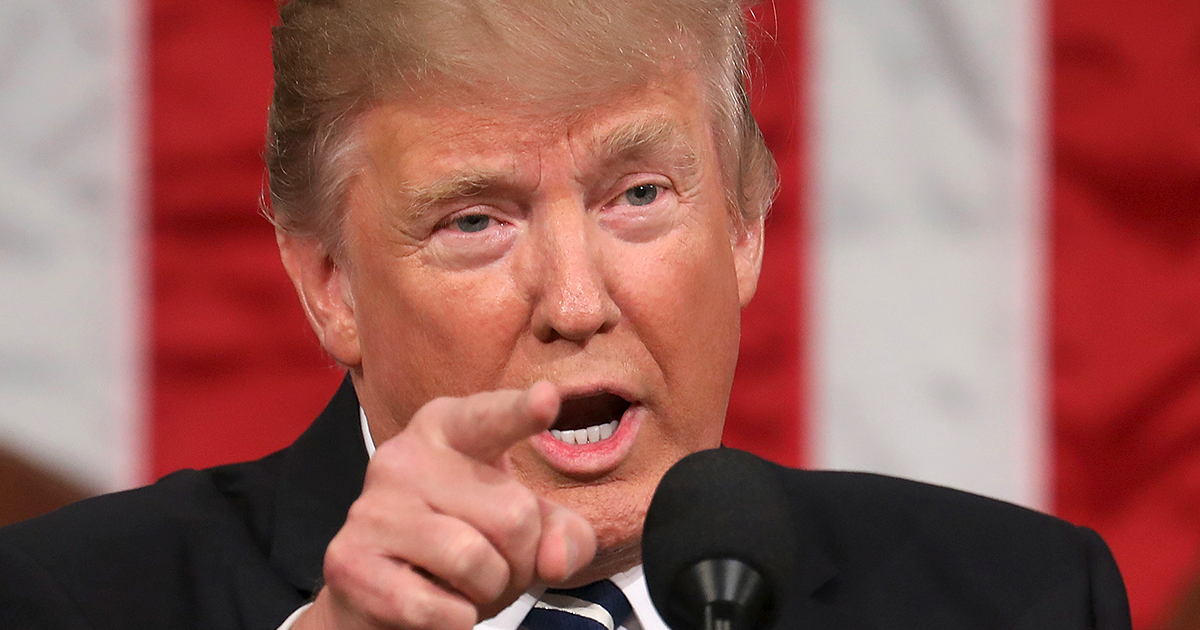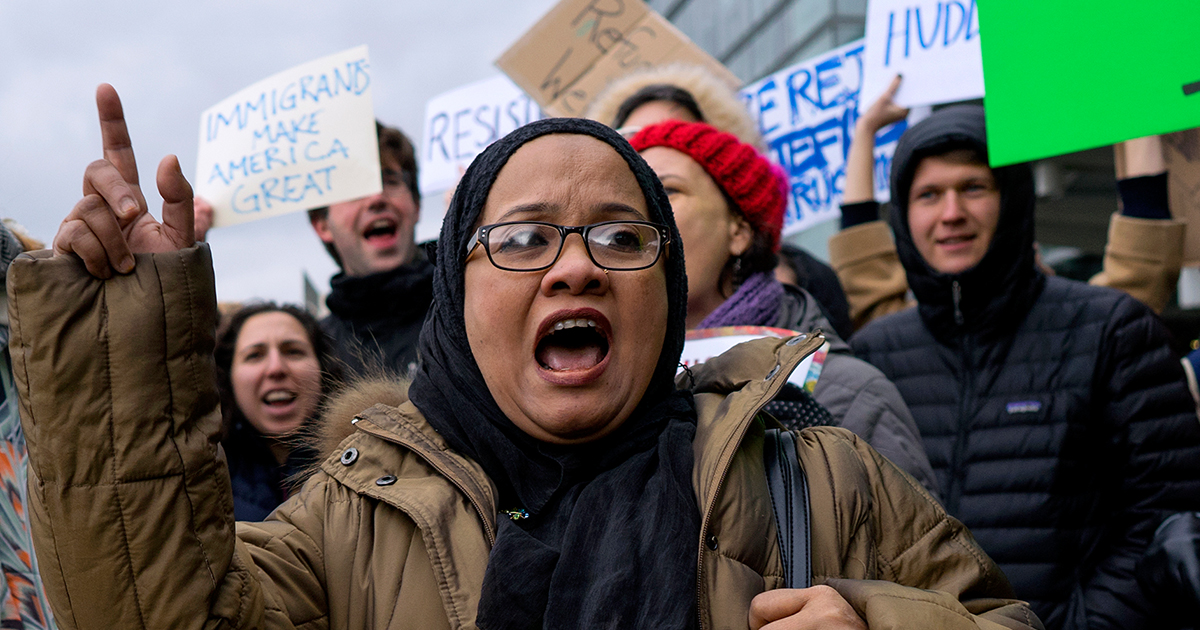Why President Trump Wants the Government to Track 'Honor Killings'

By:
President Donald Trump's revised executive order on immigration maintains a holdover from the original calling for the collection of data designed to stoke fears about Muslims living in the U.S., according to civil rights advocates.
 AP/Jim Loscalzo - apimages.com
AP/Jim Loscalzo - apimages.com
The law requires federal law enforcement agencies to compile data on "foreign nationals" who were charged or convicted of "terrorism-related offenses," the number of foreign nationals who've been radicalized, and "information regarding the number and types of acts of gender-based violence against women, including so-called 'honor killings,' in the United States by foreign nationals."
That last point raised some eyebrows on Twitter Monday.
In spite of the Trump administration's repeated claims about the need for enhanced travel restrictions as a national security precaution, evidence of violence committed by immigrant or refugees from the affected countries is negligible. Since at least 9/11, there haven't been any cases of Americans being killed in a domestic terrorist attack by an immigrant from any of the six countries included in the travel ban.
As far as "honor killings" are concerned, in 2014 the Department of Justice conceded "There is no reliable summary data available for the United States regarding the
prevalence of honor violence." However, it provided a rough estimate of 23 to 27 per year, based on a method that "applies U.S. demographic characteristics to another country’s honor violence statistics."
The latest version of Trump's travel ban comes less than a week after he unveiled VOICE — Victims Of Immigration Crime Engagement — a program that would give quarterly reports on the effects of crimes committed by “criminal aliens.” That program drew comparisons to the Third Reich's Nuremberg Laws, which required the publication of crimes committed by Jews in order stoke hatred against them.
Ordering the DOJ and Department of Homeland Security (DHS) to track and publicize these instances simply reinforces negative stereotypes about Muslim immigrants, Ojaala Ahmad, communications director at the Council on Islamic American Relations (CAIR) in Los Angeles, told ATTN
"Looking at the past history of that type of data that they've been looking into with FBI, for example, we can say from our community's perspective that we have reason to believe that it ends up becoming policing the community instead of collaborating and working with the community," she said. "The Muslim community in America has voiced their concern against stereotyping or treating the entire community as a suspect just based off of the actions of a small few."
 AP/Craig Ruttle - apimages.com
AP/Craig Ruttle - apimages.com
The new travel ban, which was signed Monday, temporarily bars immigration from six predominantly Muslim countries, while removing Iraq from the original list of seven. Unlike the original, it lifts the indefinite suspension of the Syrian refugee program. Instead, Syrian refugees, like all other refugees under the new ban, will be barred from entering the country for 120 days. People with Green Cards and active Visas are also excluded from the ban.
"The language [of the revised executive order] is a little more cleaned up legally, but it still has the very detrimental effect on the Muslim-American community," Ahmad said. "It's not going to make America any safer and it's just continuing to criminalize Muslims coming into America."
